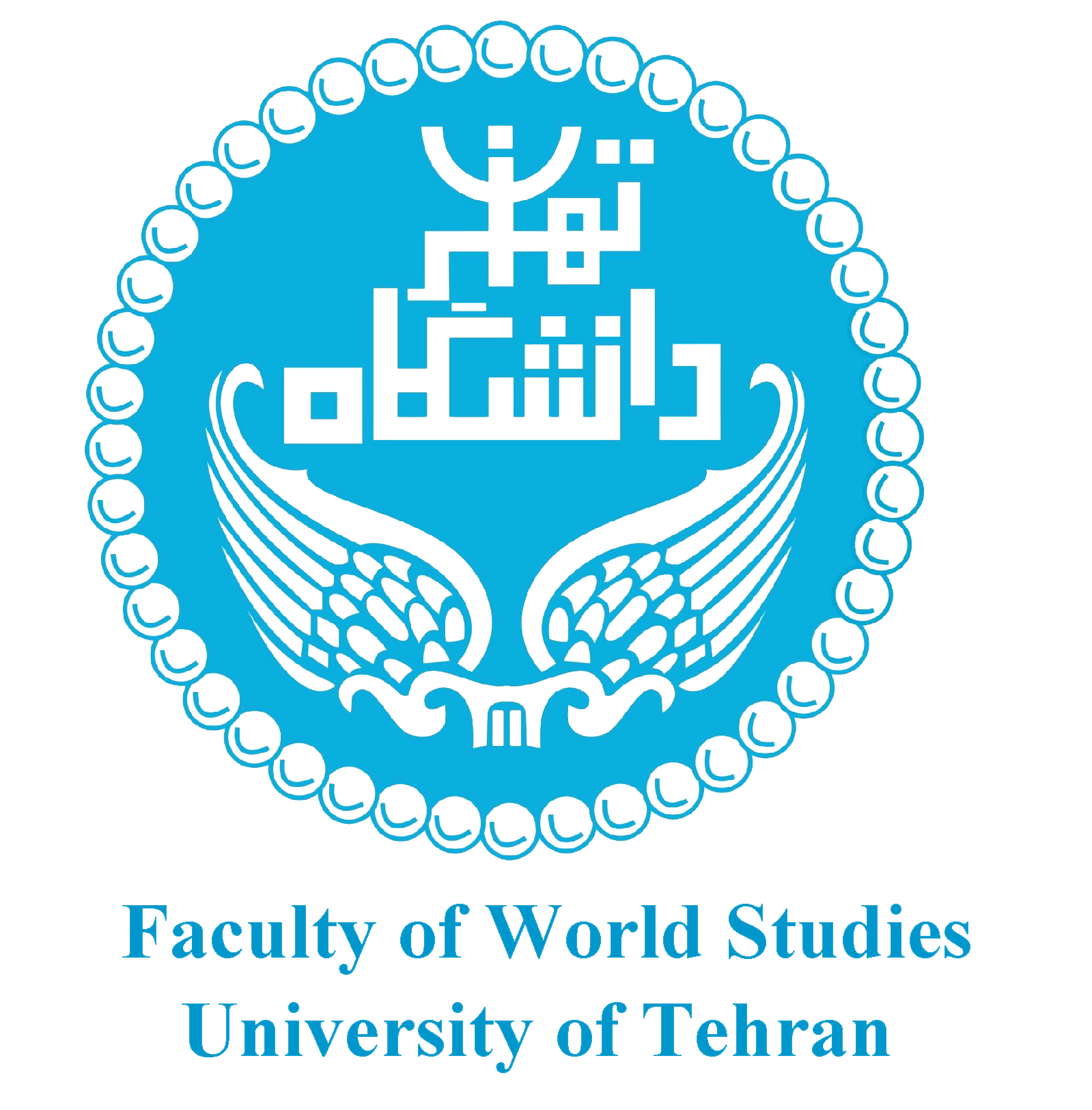رشته مطالعات ترکیه - دانشکده مطالعات جهان fws
Turkish Studies
The Republic of Turkey was established in 1923 as the successor to part of the former Ottoman Empire. From the late 19th century, the European territories of the empire—including Greece, Bulgaria, and Serbia—seceded due to rising nationalist movements. In the early 20th century, the empire’s Arab and African territories were similarly partitioned and colonized by European powers. During this period, Turkish nationalists within the Committee of Union and Progress, known as the Young Turks, launched broad efforts to save the empire's lands from foreign encroachment. They sought reforms more comprehensive than those of the earlier Tanzimat period and aimed to modernize the country along European lines.
However, after entering World War I on the side of the Central Powers and suffering heavy defeats, the Ottoman Empire faced imminent partitioning by the Allied victors. In response, the Young Turks organized resistance movements, successfully defending Anatolia—the Turkish heartland—from fragmentation. These struggles, known as the War of Independence, were led by a young officer named Mustafa Kemal, who later earned the title Atatürk. His success in expelling foreign forces led to the official dissolution of the Ottoman Empire and the establishment of the Republic of Turkey on October 29, 1923, under his leadership.
Atatürk’s first major achievement was the signing of the Treaty of Lausanne, which replaced the Treaty of Sèvres that had previously threatened the disintegration of Turkey. He swiftly began modernizing the army and bureaucracy, replacing Ottoman institutions with European-style ones. His government promoted secularism and Turkish nationalism, aiming to sever the traditional ties between religion and state. These policies continued after Atatürk’s death and were reinforced by Turkey's accession to NATO in 1952.
Initially governed by the single-party Republican People’s Party founded by Atatürk, Turkey gradually transitioned to a multi-party system, making political competition for seats in the Grand National Assembly a hallmark of Turkish democracy. Members of this parliament are elected by popular vote every five years. Until a 2007 referendum, the president was elected by a two-thirds parliamentary majority; now, the president is also elected by popular vote.
In 1999, Turkey became a candidate for European Union membership, prompting significant political and judicial reforms, such as the abolition of the death penalty, increased tolerance toward Kurdish language and culture (including the right to education in Kurdish and Kurdish-language media), women's rights initiatives, and partial recognition of the Republic of Cyprus.
With the Justice and Development Party (AKP) winning parliamentary elections in 2003 and Recep Tayyip Erdoğan becoming Prime Minister, Turkey began to shift away from its staunchly secular traditions. The AKP's sweeping victory in the 2007 elections and its consolidation of government power reflected the Turkish public's growing support for a stronger Islamic identity in politics and society. Under the AKP, ambitious development goals were set, most notably the "Vision 2023" plan, aligned with the centenary of the Republic. This plan aimed to transform Turkey into one of the world’s top ten economies, with a GDP of $2 trillion, a population of 82 million, $500 billion in exports, and single-digit inflation and interest rates.
